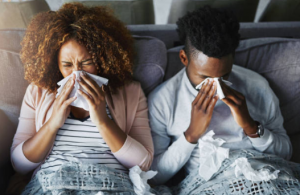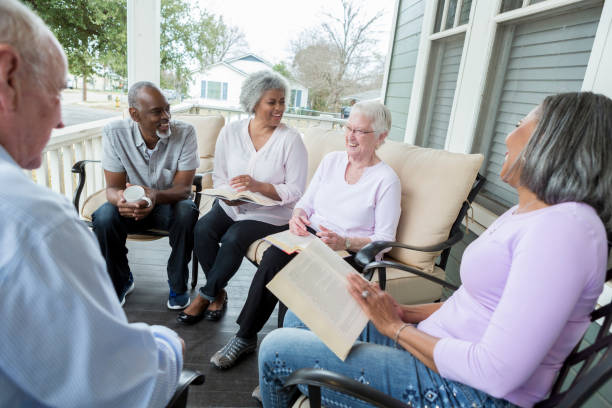(ThyBlackMan.com) Pneumonia is an infection of the lungs that can be anywhere from mild to severe. It is not uncommon, and is a leading infectious cause of death in children under five around the world. Learn more about this lung disease and what you can do to prevent it.
What is pneumonia?
Pneumonia can be caused by a variety of germs, including viruses, bacteria, and fungi. Often, doctors aren’t sure exactly which germ is responsible for a case of bacteria. Pneumonia caught in a hospital is often caused by germs that are different than those that cause pneumonia in the general community.
Seniors older than 65 and children under 5 are most at risk for pneumonia, along with patients with existing medical conditions and cigarette smokers.
How is pneumonia treated?
In general, most people can recover from pneumonia at home, but those with severe symptoms may require hospital care.
Pneumonia caused by bacteria is treated with antibiotics like Augmentin® (amoxicillin). Bacterial pneumonia often improves in one to three days after treatment. An antibiotic regimen must be completed until the medicine is gone, even if you begin to feel better.
Antibiotics do not work on pneumonia caused by viruses; instead, your health-care provider may prescribe you an antiviral medicine. Viral pneumonia requires one to three weeks to improve.
Pneumonia can be a complex disease with a high cost of treatment. Some American patients have saved money by buying medication online through international or Canadian pharmacy referral services, where medicine shipped from licensed pharmacies abroad can be bought at substantially lower prices.
How to prevent pneumonia?
There are numerous ways you can protect yourself and your family from pneumonia. Take the following steps to proactively shield yourself from this potentially dangerous disease.
Good General Hygiene Practices
Pneumonia is spread in a similar manner as the common cold and seasonal flu. Taking up good hygiene habits can ward off all these diseases, so wash your hands frequently, clean surfaces that are touched often, and cough or sneeze into the inside of your elbow, not your hands. Avoid contact with people who are sick, and avoid contacting others if you’re infected.
Get Vaccinated
One of the easiest things you can do to prevent pneumonia is to get vaccinated against infections that can cause pneumonia. These includes the influenza vaccine, varicella (chickenpox) vaccine, measles vaccine, and more.
The CDC also recommends two pneumococcal vaccines for adults who are over age 65, the pneumococcal conjugate vaccine and the pneumococcal polysaccharide vaccine. Ask your doctor for more information.
Quit Smoking
People who smoke are at greater risk of pneumonia. If you smoke, consider quitting. If you don’t smoke, don’t start.
Quitting smoking has numerous health benefits that happen quite quickly. Just one year after you quit, your heart attack risk drops significantly. Two to five years after quitting, your risk of stroke will be similar to that of a non-smoker.
Manage Existing Illnesses
People with existing, ongoing illnesses like diabetes, asthma, and heart disease are also at increased risk of getting pneumonia. If you live with these diseases, take proactive steps to manage your condition.
Be vigilant about hygiene, especially if you stay at a medical facility. Hospital-acquired pneumonia (HAP) tends to be more serious than community-acquired pneumonia (CAP). Germs that cause HAP are more likely to be resistant to antibiotics.
Breathe Easier
For most people who are not in the high-risk categories, pneumonia is a bothersome disease that may make you tired for weeks to a month, but it is highly treatable. Still, you would likely rather skip out on the experience than have to spend a month bed-bound! So get vaccinated, wash your hands, and cut down on the tobacco.
Staff Writer; Carl Poole




















Leave a Reply